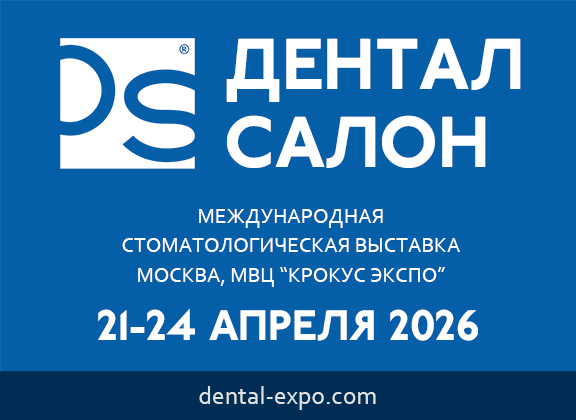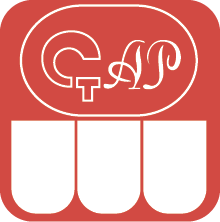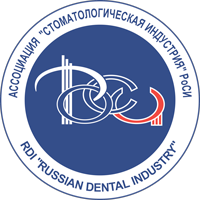DOI:
10.37988/1811-153X_2024_2_166Clinical case: delete cannot be saved. Where to put the comma?
Downloads
Abstract
This case study presents a clinical case of bone resorption of the alveolar outgrowth in the area of the upper incisors resulting from periodontal overload during orthodontic treatment. It also describes the opinions of different specialists on the solution of the problem, with the main opinion being the removal of three permanent upper incisors in a 9-year-old patient. We deemed this solution to be overly radical and opted instead to not only save the permanent incisors, but also to create conditions conducive to the restoration of the alveolar outgrowth. The sequence of manipulations is described, the dynamics at each stage of treatment are elucidated, and the changes in bone structures are illustrated.Key words:
pediatric orthodontics, complications in orthodontic treatment, bone resorption, opportunities for bone regeneration in childrenFor Citation
[1]
Karpova N.S., Razmakhnina E.M. Clinical case: delete cannot be saved. Where to put the comma?. Clinical Dentistry (Russia). 2024; 27 (2): 166—171. DOI: 10.37988/1811-153X_2024_2_166
References
- Arsenina O.I., Popova N.V., Grudyanov A.I., Nadtochiy A.G., Karpanova A.S. Improving the diagnostic evaluation of the gingival biotype in the planning of orthodontic treatment. Clinical Dentistry (Russia). 2019; 2 (90): 34—38 (In Russian). eLIBRARY ID: 37749518
- Anokhina A.V., Kacharava T. Syndrome causes of close of teeth: Analysis of domestic and foreign publications. Clinical Dentistry (Russia). 2019; 1 (89): 36—39 (In Russian). eLIBRARY ID: 37128726
- Anokhina A.V., Khabibullina L.F. Incidence and structure of dentomakillary anomalies in children of 9—12 years old (after the results of examinations of schoolchildren in Kazan). Public Health and Health Care. 2014; 4 (44): 33—36 (In Russian). eLIBRARY ID: 22863860
- Cerroni S., Pasquantonio G., Condò R., Cerroni L. Orthodontic fixed appliance and periodontal status: An updated systematic review. Open Dent J. 2018; 12: 614—622. PMID: 30369970
- Megrabyan O., Konkova A. Features of treating patients with dental arch distal occlusion in different age-dependent perionds (review of literature). Acta Medica Eurasica. 2018; 4: 19—29 (In Russian). eLIBRARY ID: 36632908
- Kus-Bartoszek A., Lipski M., Jarząbek A., Manowiec J., Droździk A. Gingival phenotype changes and the prevalence of mucogingival deformities during the early transitional dentition phase A two-year longitudinal study. Int J Environ Res Public Health. 2022; 19 (7): 3899. PMID: 35409581
- Yusupova Y.I. Comprehensive prevention and treatment of inflammatory periodontal diseases in patients undergoing orthodontic treatment: dissertation abstract. Tver, 2018. 25 p. (In Russian).
- Duarte P.H.M., Weissheimer T., Michel C.H.T., Só G.B., da Rosa R.A., Só M.V.R. Do orthodontic movements of traumatized teeth induce dental pulp necrosis? A systematic review. Clin Oral Investig. 2023; 27 (8): 4117—4129. PMID: 37335397
- Turner S., Harrison J.E., Sharif F.N., Owens D., Millett D.T. Orthodontic treatment for crowded teeth in children. Cochrane Database Syst Rev. 2021; 12 (12): CD003453. PMID: 34970995
- Hasanly N.S. The spread of inflammatory periodontal diseases in patients at various stages of treatment with fixed orthodontic appliances. Sovremennaya stomatologiya (Belarus). 2021; 1 (82): 81—84 (In Russian). eLIBRARY ID: 44930170
Downloads
Received
November 12, 2023
Accepted
March 11, 2024
Published on
June 28, 2024










